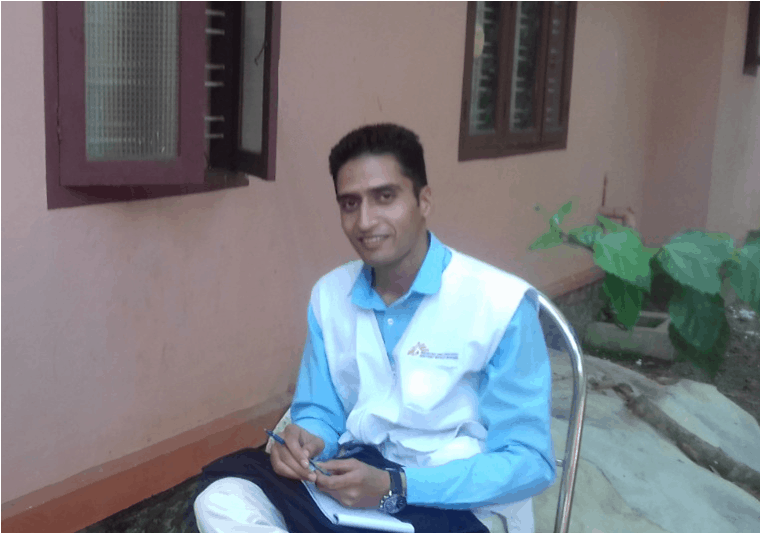Ajaz Ahmad Sofi, Clinical Psychologist at MSF mental health care project in Jammu and Kashmir writes how our teams are working to meet a huge need for psychological support in the valley.
“Complaints related to mental health are not new to the people in Kashmir. Decades of difficult times have led to a huge need for psychological support in the valley.
Since 2017, when I joined MSF as a clinical psychologist, I have seen people come to us with post-traumatic stress disorder (PTSD), depression, panic and generalised anxiety among other issues.
Following the COVID-19 pandemic, some of the patients whose counselling had ended and who were doing relatively well, have started to have symptoms again, mainly because of the lockdown.
People in the valley are used to frequent and long-standing shutdowns. They have occurred for many years, but current lockdown has been like a trigger that has resulted in flashbacks. Some of my patients, particularly those with PTSD, are now re-experiencing extremely horrifying and unbearable memories.
While health advice to protect against the coronavirus has included frequent hand-washing, some of my patients with pre-existing OCD, are finding it difficult to maintain improvements they’ve made. A first step has been to help them understand the difference between necessary precautions and compulsive washing.
Ajaz Ahmad Sofi, Clinical Psychologist, MSF
During the lockdown, phone counselling is providing people with the chance of receiving mental health services without the fear of letting others know about it.

Our mental health clinics have had to close for the time being, so we have adapted. Soon after the temporary closure, we started providing psychological support via mobile phones.
Since the first day I have received calls from many people concerned about missing their upcoming follow-up sessions because of movement restrictions. Small relief came when I was able to tell them that they will not miss their sessions, they would be by phone.
I have also seen first-hand the significant challenges to the promotion of mental health in Kashmir because of a lack of awareness and stigmatisation of mental health issues.

During the lockdown, phone counselling is providing people with the chance of receiving mental health services without the fear of letting others know about it.
Many of my new patients say that they have been avoiding visiting a counsellor because of a fear of being seen by relatives, neighbours or friends around the clinic.
So while it has made lives much harder, in a way the lockdown has enabled more people to seek help, while allowing us to continue to provide a much needed medical service.”












